Multi-Stakeholder Initiatives (MSIs) have become the default response to address so-called governance gaps, situations in which state actors are either unable or unwilling to provide basic rights for their citizen. MSIs typically form in response to a crisis – after major corporate human rights scandals made headlines. In these situations, MSIs are set up to address challenges that no actor could solve alone. They typically bring together corporate stakeholders as well as stakeholders from civil society and academia, sometimes even governments.
Over the course of the past decade, MSIs have mushroomed. To date, however, there neither exists a comprehensive registry of MSIs, nor a common definition of what constitutes an MSI. There is also no typology of different MSIs though they fulfill quite different functions. Some MSIs focus on dialogue and learning (for example, various roundtables or the UN Global Compact). Some focus on establishing human rights in supply chains of individual products (e.g. palm oil, cocoa, gold), while others define standards for specific industries (e.g. Forest Stewardship Council, Marine Stewardship Council, International Code of Conduct for Private Security Companies).
In a recent working paper, my colleagues Justine Nolan, Auret van Heerden, Michael Samway and I assess one specific type of MSI, namely industry-specific MSIs, with respect to their potential to address governance gaps. Industry-specific MSIs define common industry standards. They develop metrics to track progress and mechanisms to measure compliance and they ensure accountability in one specific industry context.
To assess how industry-specific MSIs address governance gaps, we examined the legitimacy of MSIs as a form of public regulation. We selected two MSIs that have developed industry-specific standards - the Fair Labor Association (FLA) and the Global Network Initiative (GNI). Both the FLA and the GNI are well-known organizations in their respective industries and both initiatives are regularly subject to intense public criticism; an indication that these organizations matter in their respective industries.
We analyze them according to a set of legitimacy criteria on two dimensions: input legitimacy, (or rule credibility, the extent to which the regulations are perceived as credible and justified) and output legitimacy, (or rule effectiveness, the extent to which the rules effectively solve the issues).
Our initial findings are encouraging. They show that in principle private collaborations can effectively address governance gaps. They also point to the current obstacles of making these private entities fully legitimate (e.g. active NGO participation, appropriate impact assessment methods etc.).
Our study also shows that further research on MSIs is needed. MSIs have developed in part because of the lack of other viable regulatory options, but MSis might not only be one of the more pragmatic responses to business and human rights challenges, but also the most effective for closing governance gaps and establishing respect for human rights through core business operations.
Dorothée Baumann-Pauly is the Center's Research Director.


